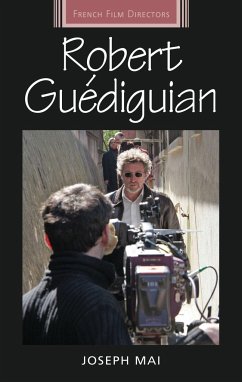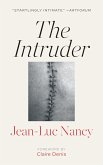Intervening at the crossroads of philosophy, politics, and cinema,this book argues that the career of Robert Guédiguian, director of Marius et Jeannette (1997) and other eminently popular auteurist films, is the result of one of the most subtly original and coherent projects in contemporary French cinema: to make a committed, historically-conscious cinema, in a local space, over a long period of time, but most importantly with a small number of close friends. The account starts with a nuanced consideration of friendship and its relation to political action and moral philosophy (including the themes of time, space, and human flourishing). Taking a chronological organisation, the book then traces Guédiguian's project from its beginning in his hometown, the communist-leaning Estaque neighborhood of Marseilles. Individual chapters explore Guédiguian's rousing but pessimistic experiments with popular form during political upheaval in the 1980s left; his deep and exhilarating advocacy of local activism and utopias in the 1990s; and finally his varied explorations of genre and register, politics and ethics, in more recent work. In the Conclusion, close filmic analysis and historical contextualisation give way to a portrait of the unique, determined, long-term project of friendship that defines both Guédiguian's cinema and his life.
Hinweis: Dieser Artikel kann nur an eine deutsche Lieferadresse ausgeliefert werden.
Hinweis: Dieser Artikel kann nur an eine deutsche Lieferadresse ausgeliefert werden.








